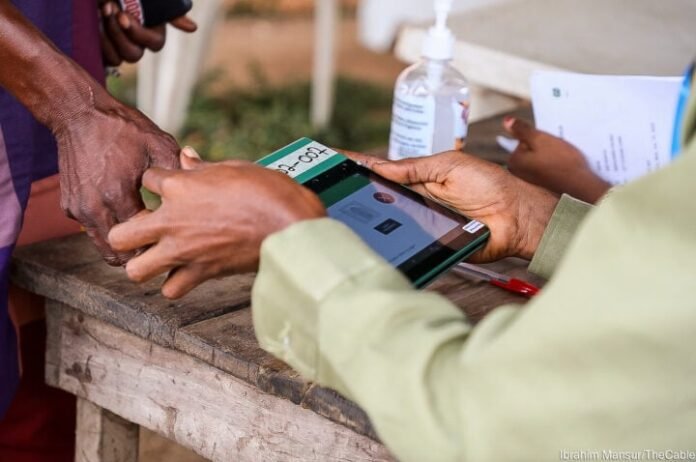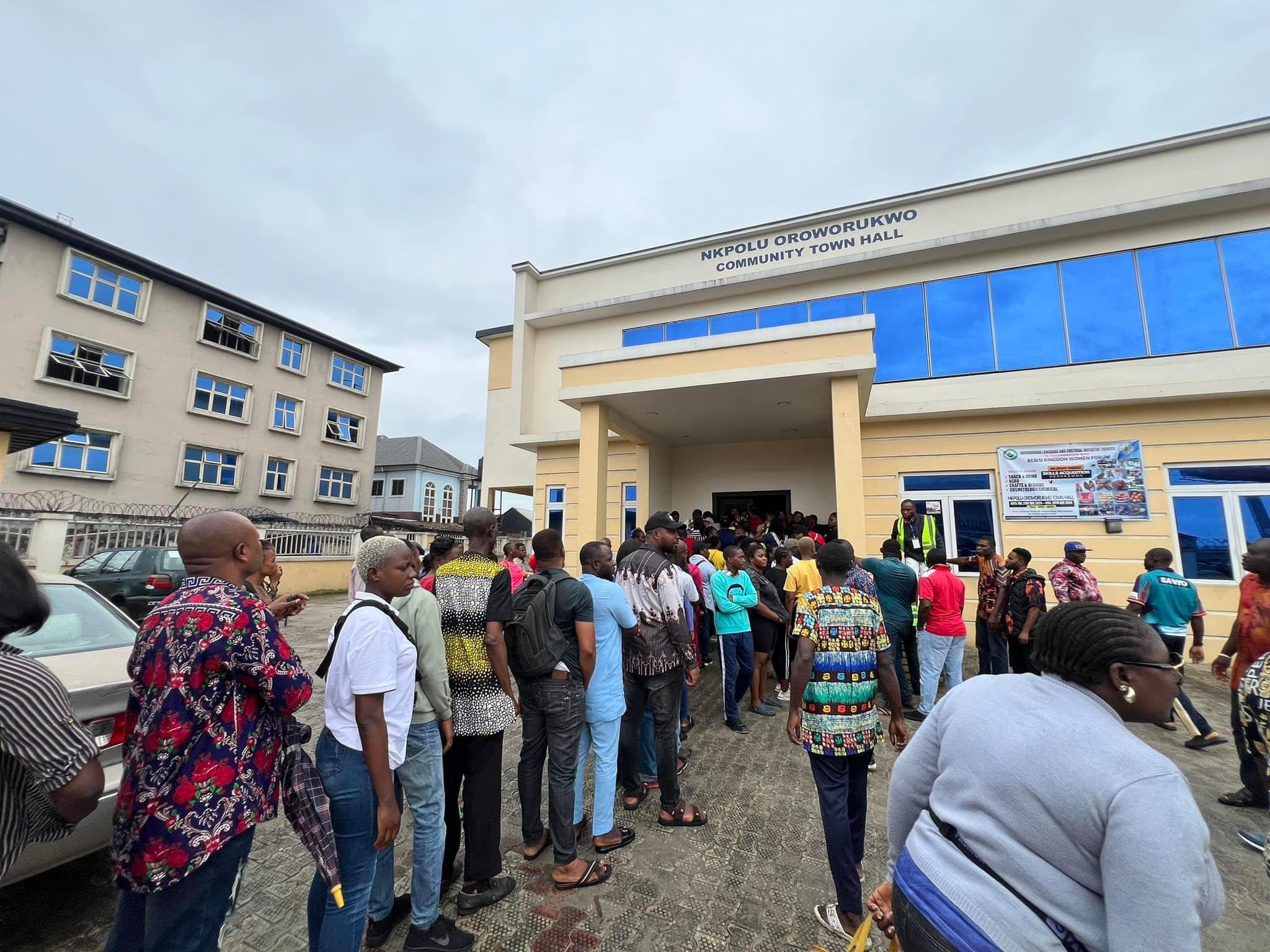Associate Professor of Law and Director of the Abuja School of Social and Political Thought, Dr Sam Amadi, says the just-concluded Anambra governorship election once again exposed the deep cracks in Nigeria’s electoral system.
Speaking on ARISE News on Sunday, Amadi lamented that the country’s political class continues to “weaponize poverty” through vote buying and manipulation of voter choices.
“I don’t think we’re making any progress,” he said. “We saw votes sold for ₦10,000 and ₦15,000 in some areas. There are now sophisticated ways of buying votes — cash, POS payments, and post-voting inducements. The EFCC arrested just three people, but the real scale is far greater.”
His organisation, which deployed over 700 observers alongside six others, documented widespread irregularities, reflecting what he described as “an entrenched culture of transactional democracy.”
Voter Apathy and the Question of Trust
Amadi expressed concern over voter apathy, noting only a slight improvement from 2021. “Back then, 10% of voters turned up. This time, it rose by just another 10%. It shows Nigerians no longer trust that their votes count,” he said.
Despite the gloomy picture, Amadi admitted that the Independent National Electoral Commission (INEC) had improved its logistics.
Polling materials reportedly arrived earlier than in previous elections, and 49% of polling units opened on time — a notable jump from 17% in 2021.
“INEC performed creditably well,” Amadi added. “The IReV portal functioned smoothly, and results were uploaded within six hours. Security agencies were professional. But the biggest challenge isn’t technical — it’s political.”
He warned that unless politicians stop interfering with INEC’s independence and security operations, “our democracy will remain fragile.”
Elections Ahead and the Burden of Accountability
Amadi urged stronger institutional vigilance ahead of next year’s elections in the FCT, Ekiti, and Osun.
“If we leave INEC and the police to do their jobs, our democracy will flourish. But when politicians start calling the shots, everything falls apart,” he said.
He also reflected on the meaning of low turnout despite a peaceful environment: “If voters still stay away when there’s no violence, it means politicians are no longer speaking the language of the people. They can’t keep buying votes as a substitute for good governance.”
Yiaga Africa Commends INEC’s New Leadership
Meanwhile, the Executive Director of Yiaga Africa, Samson Itodo, commended INEC for showing what he called “visible progress” in managing election logistics.
Speaking to Channels TV, Itodo said the new INEC Chairman, Joash Amupitan, who assumed office less than two weeks before the polls, “brought a leadership energy that was felt throughout the process.”
However, he cautioned against over-crediting one man. “The commission isn’t about individuals,” he said. “It’s a collective of professionals whose integrity determines how free and fair the elections become.”
Itodo pointed out that 98% of polling units had begun accreditation and voting by 10:30 a.m., describing it as “a remarkable improvement” over 2021.
Still, he urged INEC to refine its logistics further to ensure inclusion and credibility.
As Nigeria prepares for another cycle of elections, both analysts agree that while technology and administration have improved, the soul of democracy — trust and integrity — still hangs in the balance.
Rate, Like 👍, Comment 💬, Share this article, Follow us on our social media handles, and Submit your own story to get featured and earn rewards!







